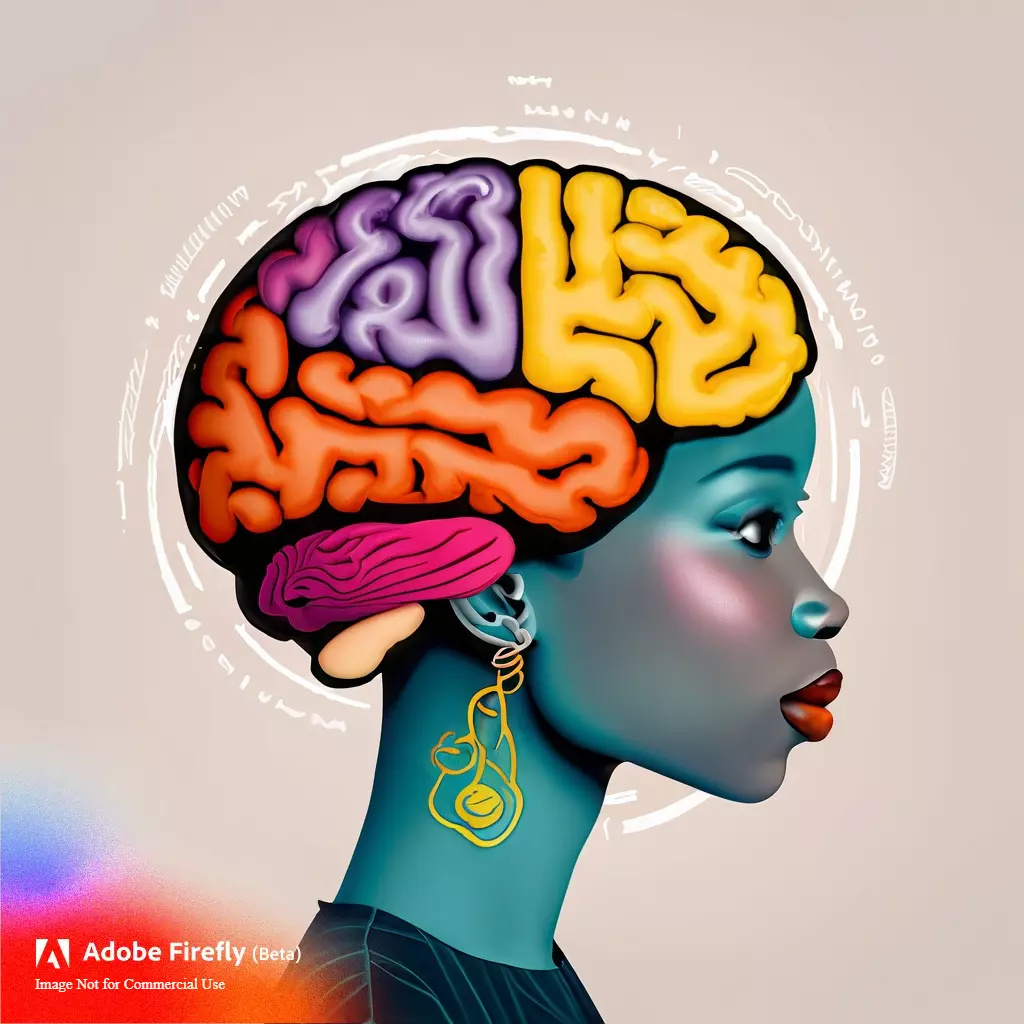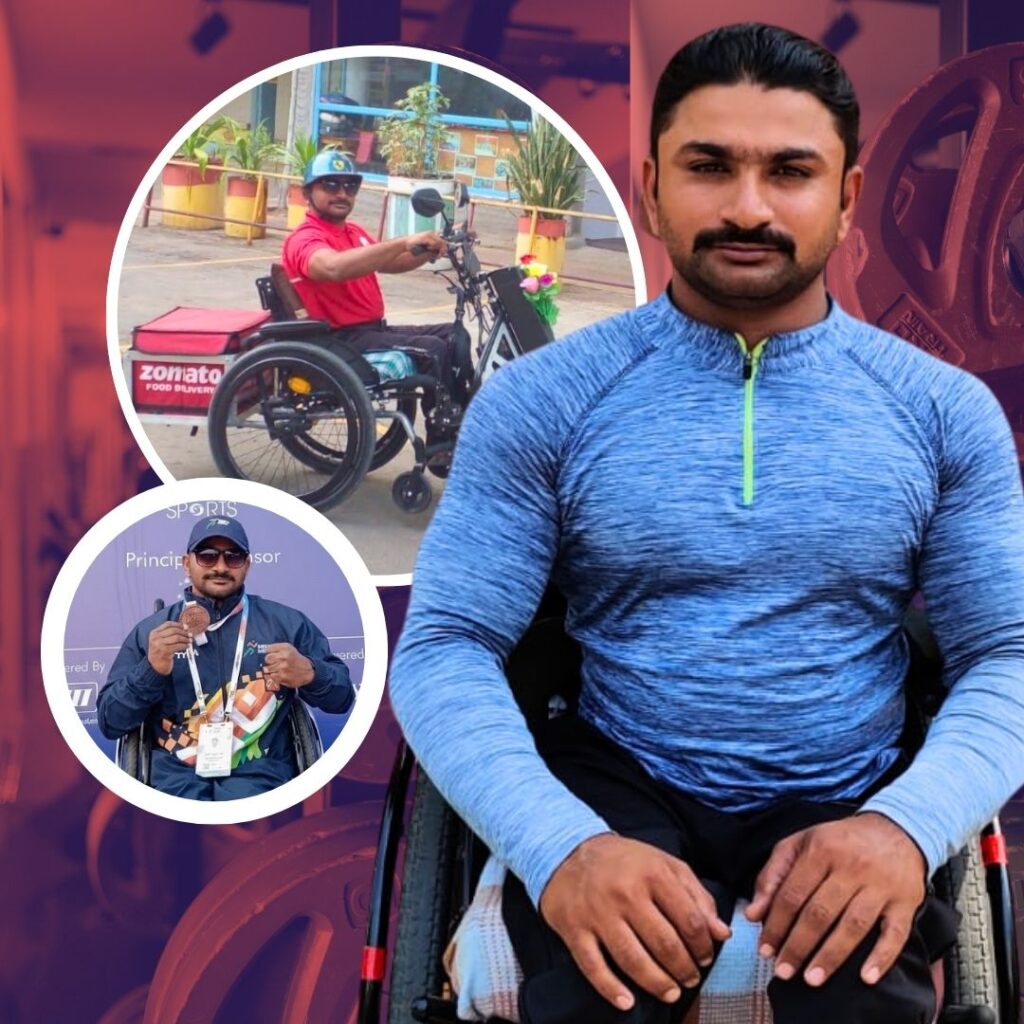Complex Post-Traumatic Stress Disorder (CPTSD), often abbreviated as c-PTSD or CPTSD, is a condition that extends beyond the scope of traditional Post-Traumatic Stress Disorder (PTSD). While both disorders share certain symptoms, CPTSD encompasses additional complexities that arise from prolonged and repetitive trauma. In this article, we delve into the distinct features of CPTSD, differentiating it from PTSD, and explore its profound impact on individuals’ lives.
The Foundation: PTSD vs. CPTSD
1. PTSD (Post-Traumatic Stress Disorder): PTSD typically results from exposure to a single traumatic event, such as combat, natural disasters, or a violent assault. Common symptoms include intrusive memories, nightmares, flashbacks, hypervigilance, and avoidance of trauma-related triggers.
2. CPTSD (Complex Post-Traumatic Stress Disorder): CPTSD, on the other hand, emerges from prolonged and recurring traumatic experiences, often involving interpersonal relationships. Individuals with CPTSD not only exhibit PTSD symptoms but also grapple with additional challenges related to emotion regulation, self-esteem, and interpersonal functioning.
CPTSD is characterized by several distinct features that set it apart from PTSD:
1. Emotional Dysregulation: Those with CPTSD often struggle with intense and unpredictable emotions. Emotional regulation becomes challenging, leading to mood swings, anger outbursts, and difficulties in managing stress.
2. Negative Self-Concept: CPTSD can erode self-esteem and self-worth. Individuals may harbor feelings of shame, guilt, or a pervasive sense of being fundamentally flawed.
3. Interpersonal Difficulties: Traumatic experiences, especially those involving interpersonal abuse or neglect, can result in difficulties in forming and maintaining healthy relationships. Trust issues, fear of abandonment, and problems with boundaries are common.
4. Dissociation: Dissociation, a coping mechanism where individuals disconnect from their thoughts, feelings, or surroundings, is prevalent in CPTSD. It can manifest as “spacing out” or amnesia about traumatic events.
5. Persistent Feelings of Helplessness: The repeated exposure to trauma may lead to a sense of powerlessness and helplessness, making it challenging to assert oneself or set boundaries.
Treatment and Healing
Addressing CPTSD requires a comprehensive and tailored approach, often involving psychotherapy and support. Key components of treatment may include:
1. Trauma-Informed Therapy: Therapy approaches such as Cognitive-Behavioral Therapy (CBT), Eye Movement Desensitization and Reprocessing (EMDR), and Dialectical-Behavior Therapy (DBT) can help individuals manage symptoms and develop healthier coping strategies.
2. Medication: In some cases, medication may be prescribed to manage specific symptoms such as anxiety or depression.
3. Support Networks: Building a strong support system, including friends, family, and support groups, can be instrumental in the recovery process.
4. Self-Care: Practicing self-care techniques, including mindfulness, exercise, and relaxation exercises, can aid in managing symptoms and improving overall well-being.
Complex Post-Traumatic Stress Disorder (CPTSD) is a condition that goes beyond traditional PTSD, affecting individuals who have endured prolonged and repetitive trauma. Recognizing the distinct features of CPTSD is crucial for effective diagnosis and treatment. With the right support and interventions, individuals can embark on a path to healing and regain control over their lives, fostering resilience and well-being in the face of adversity.
Also Read: How E-Waste Can Impact Children’s Health?
https://thelogicalindian.com/h-upload/2023/09/01/500x300_233157-firefly-images-of-brain-29969.webp
Trending
2023-09-01 12:10:01.0
Understanding Complex Post-Traumatic Stress Disorder (CPTSD): Beyond Traditional PTSD












